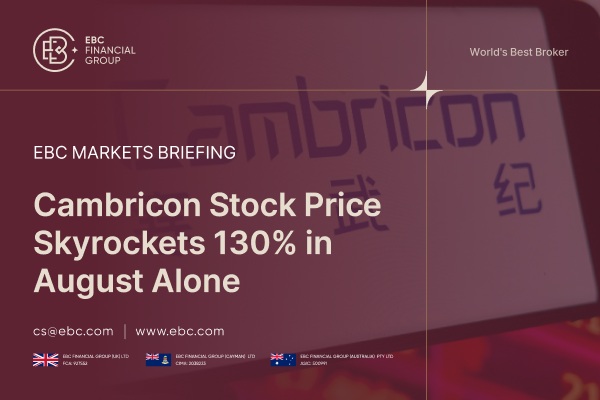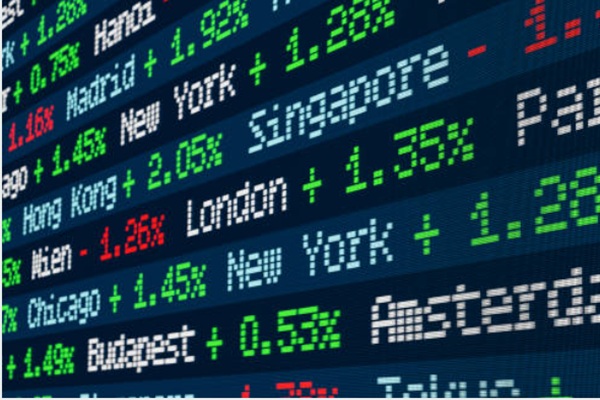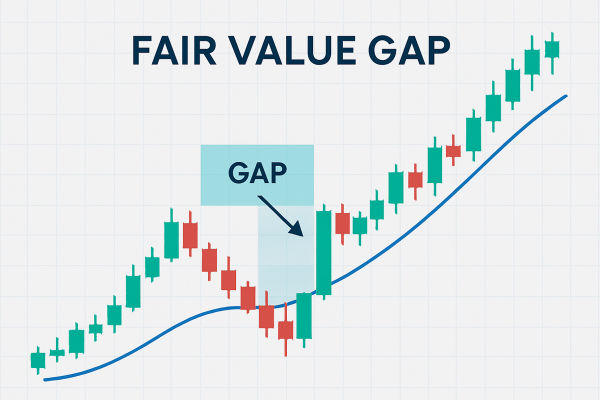If you trade forex or stocks, can you trade commodities? How does commodity trading operate? What products should you trade and what products should you avoid trading? You can find the answer in our product trading guide.
Commodities:The Basics
Let's start with the definition. Although it is known that commodities such as gold, Crude Oil, natural gas, and grains are traded, it is still necessary to understand their definitions.
Commodities are products used for commerce. It is a interchangeable asset that can be used to exchange for similar products. Bulk commodities are raw materials mainly used for manufacturing other products.
There are commodity standards in both production and trading. Although the quality of commodities varies slightly, they are usually similar. If it is trading, commodities should adhere to a basic level standard. If commodities are to be used as assets in actual futures contracts, then this standard must be met.
Categories of commodities
Commodities are usually divided into four types, including energy, livestock and meat, Precious metals, and agricultural products. We will start with precious metals as they are the most traded commodity tools.
Noble Metal
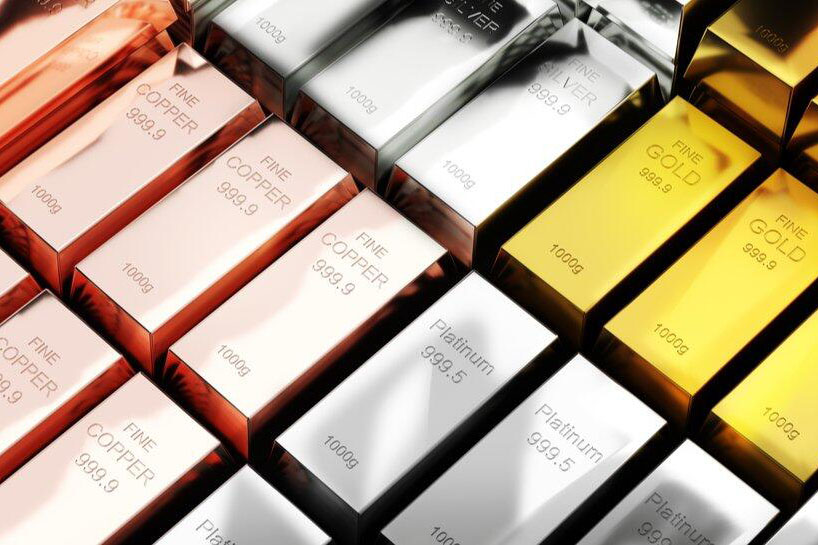
One of the most frequently traded commodities in the precious metal group is gold. Gold is considered a safe haven asset. This means that investors and traders will invest their funds when there is a risk aversion. It has been proven that gold is one of the most reliable assets. This means that its price will not fall significantly and investors will not suffer huge losses. Traders use this feature of the gold market to predict its price direction. If market sentiment is negative, the market price of gold will rise.
There are other precious metals in the precious metal group that can be traded. They are silver, copper, and platinum.
Silver is not as reliable an asset as gold. Nevertheless, it still provides trading opportunities for traders, especially active traders. Consider using short-term and medium-term strategies to trade silver.
The difference in copper is that its demand has always been high. It is used in various fields, including electrical equipment, pipelines, engineering, and cooking utensils.
The London Precious Metals Exchange (LME) is considered one of the most popular precious metal commodity exchanges. LMEAllow trading of commodity futures and option contracts for various precious metals, including aluminum, zinc, cobalt, copper, lead, etc.
Energy
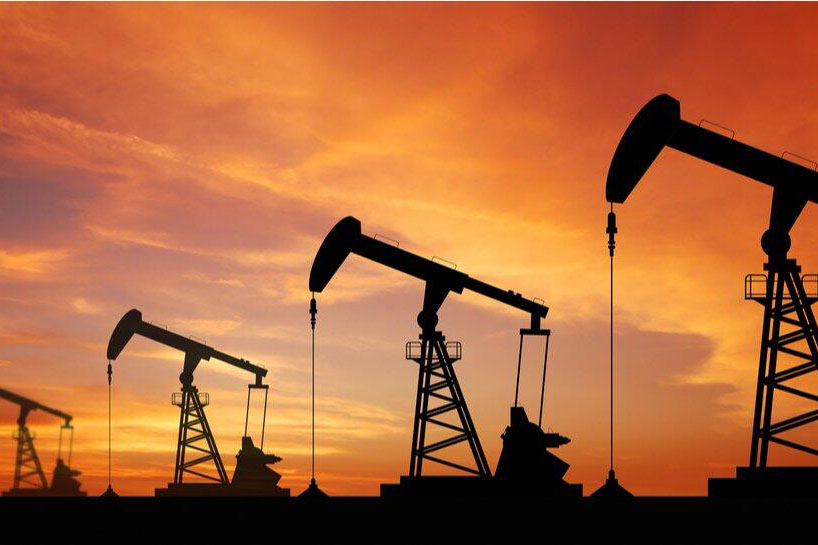
Energy is another commodity with high trading volume. This category includes crude oil, heating oil, gasoline, and natural gas. If trading energy commodities is considered, it is more likely to trade crude oil.
There are two main crude oil benchmarks: Brent and WTI. Although crude oil is a big topic that can be explored, only some basic knowledge is needed here. Brent and WTIUsed as a price benchmark for other crude oil grades and categories. The price is determined by the similarity between the crude oil grade and the benchmark. Brent Crude oil is used as a standard for the European and Asian markets. And WTI is the standard for the Western Hemisphere market.
When we talk about crude oil trading, we should pay attention to some key factors that affect its price. The main factors affecting oil prices are demand and supply. Both an increase in supply and a decrease in demand for this commodity will lead to a decrease in its price. On the contrary, if supply decreases and demand increases, oil prices will rise. The development of alternative energy sources may lead to a decline in global oil prices. The crude oil industry is often influenced by political issues between countries. Sanctions and conflicts that affect the supply of crude oil companies and this asset may lead to an increase in oil prices.
In addition to trading crude oil, investors can also consider trading natural gas. This commodity is used for various industrial, residential, and commercial purposes.
Agriculture
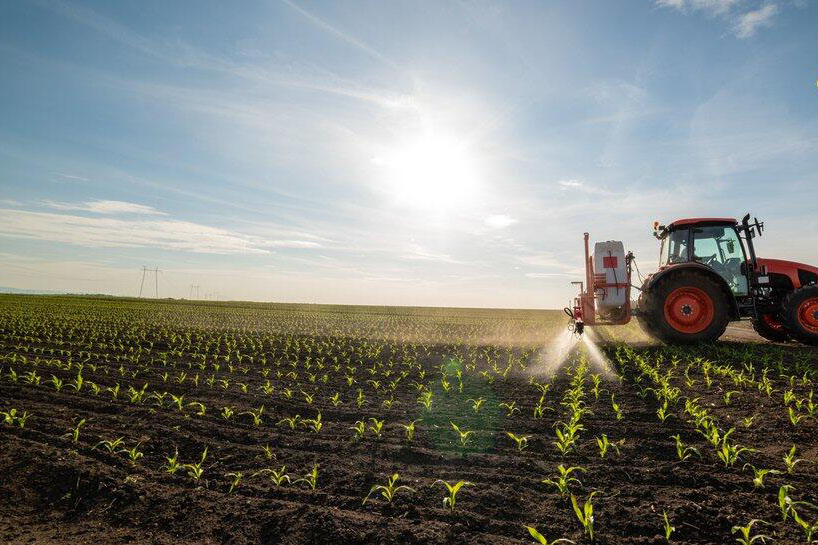
Agricultural commodities trade less.This category includes coffee,sugar,cotton,soybeans,corn,wheat and rice.These assets are also known as soft commodities.That means they need to be grown and harvested,not extracted from the ground like crude oil or minerals.Market prices of agricultural products are mainly affected by weather factors.If supply falls,the price of agricultural assets may rise.Higher demand also pushes up the price of agricultural assets.
We have listed many agricultural products. However, not all agricultural products are widely traded. Coffee and sugar are the most popular trading tools. Coffee is the second largest commodity in terms of trading volume after crude oil. Sugar is a very promising market. There are white sugar and raw sugar on the market. Sugar is the raw material for producing sweeteners and ethanol.
Livestock and meat
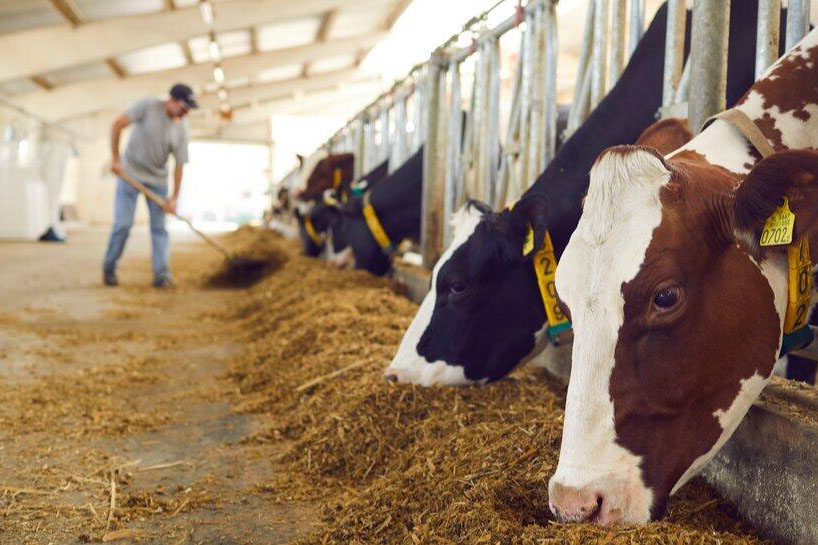
This category has the smallest transaction volume. It includes pork belly, lean pork, live cattle, and raised cattle. All livestock transactions are also affected by soft commodities.
What is special about commodity trading?
It is not important which type of asset to trade; Trading is the process of buying and selling financial instruments. You can use exchanges such as the New York Mercantile Exchange and the Chicago Mercantile Exchange (CME Group)Or purchase commodities through commodity derivatives.
If all markets are the same, then there is no reason to trade different assets. Every market has its own uniqueness.
Before trading financial instruments, the first step is to determine the factors that affect their prices. When we talk about commodity markets, we should understand that supply and demand factors are the basis for helping to predict the trend of commodity prices. The basic rule is that when supply increases, asset prices decrease. When demand increases, asset prices rise. Therefore, to predict the price direction of assets, it is necessary to identify the factors that may affect their supply and demand, and then pay attention to news about these factors.
The commodity market may be very unstable. Therefore, traders should accumulate experience before entering the commodity market. Even gold, a safe haven asset, fluctuates in price.
Why trade commodities?
There are many reasons why investors choose commodities over other assets, especially bonds and stocks.
Safe-haven assets
Not all commodities are considered Safe Haven Assets. For example, crude oil is one of the most volatile commodities and certainly cannot become a safe haven asset. However, during periods of intense market volatility and uncertainty caused by global political and economic events, precious metals such as gold can be invested to hedge risks.
By trading specific commodities (such as gold) that may appreciate during periods of market turbulence, in addition to protecting financial security, income can also be generated.
High return
Before dreaming of high returns,it should be noted that with high profits comes a high risk of losing everything.For example,crude oil is a highly volatile asset.If you are a trader,you can take advantage of huge market fluctuations to double your investment.However,it should also be understood that only an experienced trader can profitably take advantage of increased volatility and should know how to act when price volatility increases.
Diversification
Commodities are typically used to diversify investment portfolios. If you want to diversify your investment, you should choose assets with low correlation. For example, stocks are risky assets, while most commodities are safe assets. Therefore, you can invest in stocks and commodities that you like. Even if the market does not develop according to predictions for a certain asset, it can still profit from investing in another asset, thereby turning losses into profits.
What factors affect the prices of commodities?
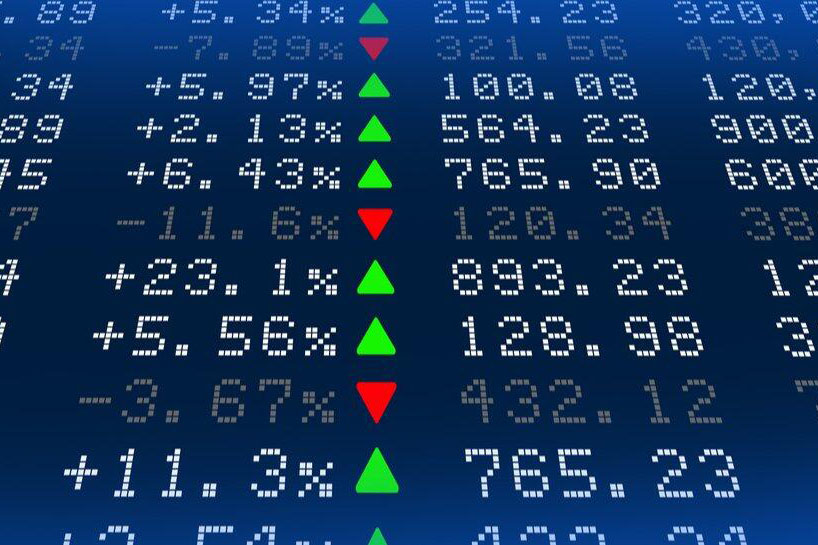
As we have mentioned multiple times, supply and demand factors affect the commodity market. However, there are other factors that are affecting the market.
Market sentiment
Let's first understand the factors of market sentiment. It determines the price direction of each market. Market sentiment is affected by global political and economic issues. During the period of risk preference and global environmental stability, risky assets such as crude oil appreciate. However, global economic and political issues may drive up the prices of safe haven assets such as gold.
Dollar
When trading commodity price difference contracts, they are priced in US dollars. Therefore, attention should be paid to the US dollar (USD) Price to predict the price trend of commodities of interest. If the US dollar appreciates, commodity trading prices are likely to fall.
Substitutes
With the continuous development of the world, substitutes for commodities have emerged. Commodity prices will be influenced by the demand for substitutes. If more people prefer substitutes, the prices of commodities will fall.
Weather and Seasons
Commodities also include agricultural products.Logically,the weather factor is very important because it will determine the availability of agricultural products.Here,natural disasters should also be mentioned.Natural disasters will cause the supply to drop.As such,it may push up agricultural prices in the short term.
Emerging market
Commodities are used and produced in developing countries. Therefore, events in developing countries will have a significant impact on commodity prices. China is an example. Events in this country may affect the price of crude oil, as well as the market prices of copper, iron, etc.
Past performance
To determine the price trend of an asset, you can refer to its past performance. All major events can cause significant price fluctuations.
Trading methods for bulk commodities
Commodities can be traded in multiple ways. Let's see which method is most suitable for you.
Contract for difference (CFD)
Contracts for price differences are the simplest and most available way to trade commodities. Almost every forex broker offers differential contract transactions. Therefore, if currencies have already been traded, commodities can be traded using the same Trading Account on the same platform in the same way. Commodity price difference contracts support spread trading. Contract for Difference (CFD) is a derivative that can trade assets and profit from price fluctuations. When trading price difference contracts, one does not own the underlying product and can buy and sell it to profit from these two activities.
Margin is allowed for contract for difference transactions. Therefore, leverage can be used to increase initial capital. However, it should be noted that contracts for differences are complex tools, and leveraged trading implies high risk. Individual investors' accounts may earn higher profits, but they may also quickly suffer losses, especially when traders lack experience and skills in trading such financial instruments.
Commodity futures trading
Another common commodity trading method is commodity futures contracts. When trading most futures contracts, there is an obligation to purchase and receive assets in the commodity futures market at a predetermined price at a specific time in the future (when the contract expires). At the same time, the seller is obligated to deliver the underlying asset at the expiration of the futures contract. Any financial instrument can be used for commodity futures trading.
Usually, users who engage in futures trading in the commodity market are divided into commercial or institutional buyers of the commodity and speculative investors. Institutional users use contracts to determine budgets and protect their businesses from changes in commodity prices.
Speculative investors can use commodity futures contracts to apply short-term investment strategies. Their goal is to profit from changes in asset prices. However, such investors will liquidate their positions before the expiration of futures contracts. Therefore, asset delivery will never occur.
Commodity stocks
People often compare the stock market with the commodity market. However, these two markets can be combined. For example, you can invest in company stocks that are somewhat related to the commodity assets you are interested in. If you are interested in natural gas, you can invest in the stocks of major natural gas producers. Assuming you are interested in gold, you can invest in stocks of mining companies.
The volatility of Stock Prices should be smaller than futures. This is beneficial for novice investors. However, it should be remembered that fine-valued stocks are the least reliable investment assets.
However, it should be noted that this is an indirect method of entering the commodity market. The correlation between stocks and commodities is relatively low. Stock prices are not affected by the prices of commodities.
Commodity Exchange Traded Funds (ETFs), Exchange Traded Notes (ETNs), and mutual funds
Exchange traded funds (ETFs) and exchange traded notes (ETNs) are traded in the same way as stocks. Commodity ETFsAllow investors to speculate by taking advantage of fluctuations in commodity prices or a basket of commodity prices. They do not directly invest in the futures market.
Commodity ETFs and commodity ETNs are not applicable to all commodity assets. These tools typically do not require investors to open specialized retail investor accounts with brokers.
As for mutual funds, they cannot be directly used to invest in commodities. Nevertheless, you can still use it to invest in company stocks related to the commodity assets you want to trade.
Purchase physical commodities
When trading futures, it is not buying or selling physical commodities themselves. Futures traders do not actually receive millions of barrels of crude oil or flocks of live cattle -Futures are just bets on price changes. However, for precious metals such as gold and silver, individual investors can and do own physical commodities themselves, such as gold bars, coins, or jewelry.
These investments can expose you to commodities such as gold, silver, and other precious metals, allowing you to feel the actual weight of your investment. But for precious metals, transaction costs may be higher than other commodities, so it is important to conduct analysis before making any decisions.
Generally speaking, the price of physical commodities is higher than that of futures contracts, and they may be more difficult to sell when trying to cash in assets. If you are interested in such transactions, please carefully study and consult with commodity advisors to see if the commodity is suitable for investment.
Do commodity trading have advantages?
Despite the pitfalls of commodity trading, it provides countless profit opportunities. Firstly, if you want to become a professional trader, you should know how to trade different tools. All assets have their own characteristics. So, the more tools you try, the more experience you gain.
However, before starting commodity trading, it is important to identify the assets that are most suitable for trading. Please remember that more popular assets have higher liquidity. Therefore, their trading risks are smaller. If you are a novice trader, you can consult a commodity trading advisor who can help select assets and develop trading and risk management plans.
Furthermore, it should be remembered that widely traded crude oil is a commodity with high price volatility. If there is no good trading strategy for risky assets, please do not use crude oil as the underlying asset. Assuming you are a novice trader, please choose more reliable assets such as gold. But please remember that in the short term, the volatility of the gold market may also increase.
Suggestions for commodity traders

Before entering the market, it is necessary to have a more detailed understanding of the assets to be traded. For example, if you are interested in agricultural products, please read more information about the coffee market. Although supply and demand factors are the main barometer of price direction, it should always be clear which other factors will affect price direction.
Don't just pursue high returns. High returns come with high risks. If you don't have enough experience, you may suffer even greater losses.
Before opening a position, pay attention to all factors that may affect asset prices. Economic calendars and news are the main sources of information when trading commodities. Please pay close attention to the global market sentiment.
After determining the direction of assets and their prices, please pay attention to the risk return rate. The potential return should be at least three times the potential loss.
The Best Time to Conduct Commodity Trading

There is no optimal trading time for commodities, as commodity trading periods have been divided by asset class and commodity exchange. Most commodity markets are closed from Friday evening to Sunday. The only advice that can be given to commodity traders is to enter the market as market liquidity increases at the beginning of each trading period (Australia, Asia, Europe, and the Americas).
Main points
Commodity trading provides investors with a wide range of opportunities. Due to its inclusion of various assets - from safe haven assets to highly volatile assets - one should identify assets that they are interested in and can trade. Trading ability consists of trading skills and experience. If you do not have sufficient experience and effective strategies to trade highly volatile assets, then please do not take risks.
【 EBC Platform Risk Reminder and Disclaimer 】: There are risks in the market, and investment needs to be cautious. This article does not constitute investment advice.









